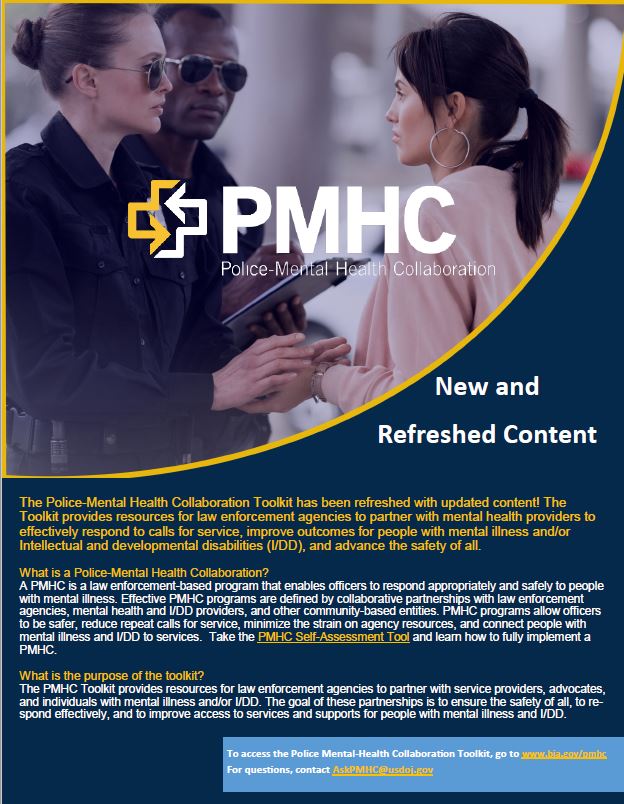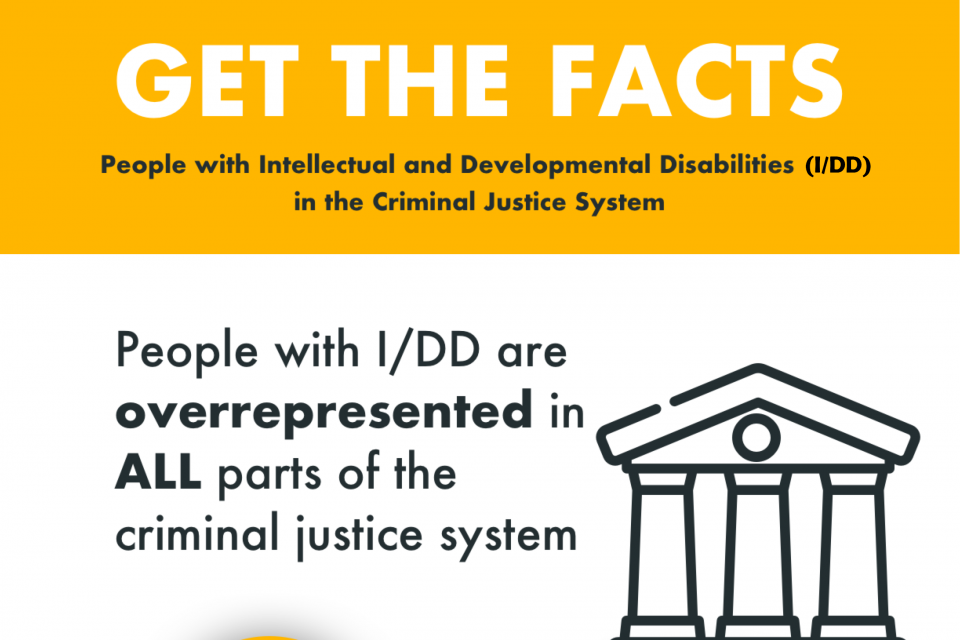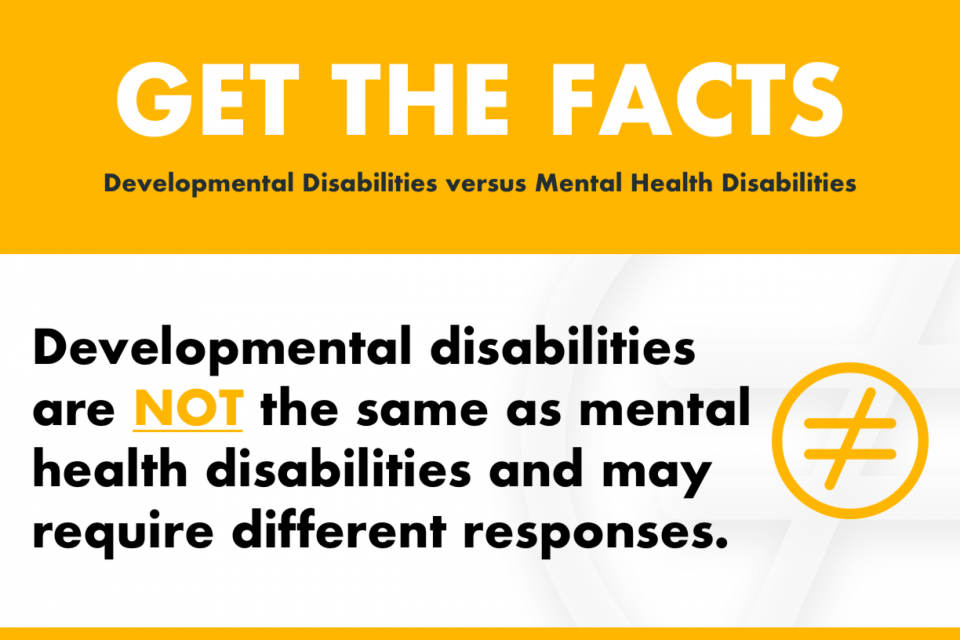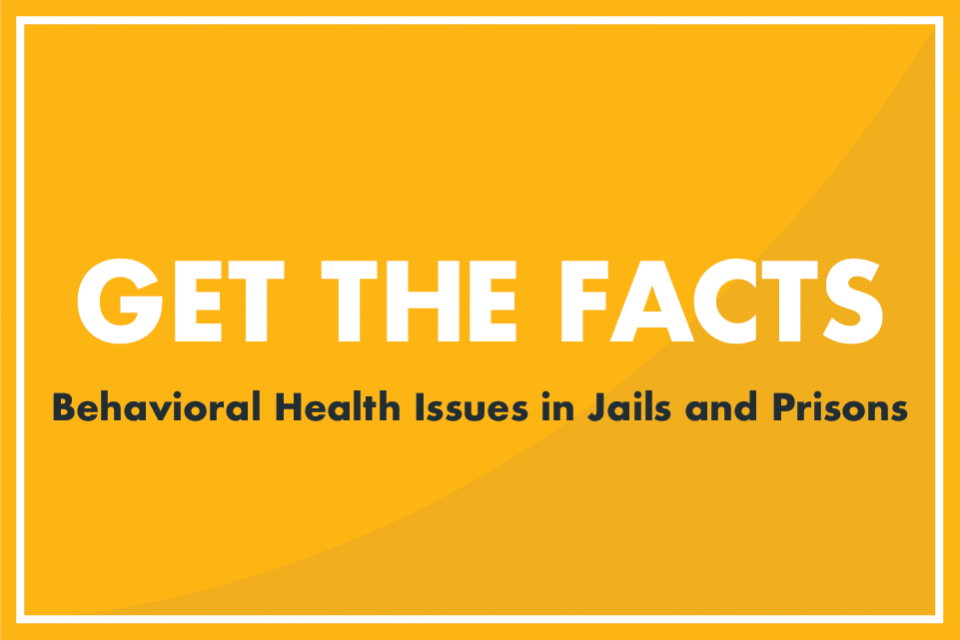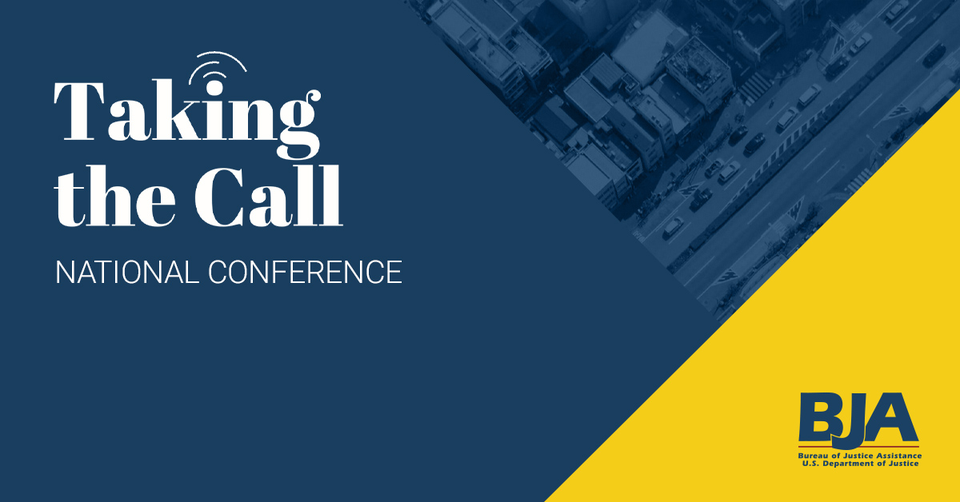MENU
Responding to Homelessness
See the YouTube Terms of Service and Google Privacy Policy
This section provides an overview of key strategies for conducting effective outreach to people experiencing homelessness and making connections to housing and supportive services, including:
- Key background information on the issues
- Information for leaders developing an outreach program
- Information for officers and community partners on best practices and real life community examples
About This Toolkit
The PMHC Toolkit provides resources for law enforcement agencies to partner with service providers, advocates, and individuals with mental illness and/or intellectual and developmental disabilities (I/DD). The goal of these partnerships is to ensure the safety of all, to respond effectively, and to improve access to services and supports for people with mental illness and I/DD.
 | Take the PMHC Self-Assessment and visit the Learning page to begin. |
Introduction
See the YouTube Terms of Service and Google Privacy Policy
A Brief Introduction From Kristen Mahoney
Deputy Director, Bureau of Justice Assistance
Infographic
See the YouTube Terms of Service and Google Privacy Policy
Learn about the issues and facts related to Police-Mental Health issues
Ex: 1 in 5 Americans is affected by mental illness in a given year, only 41% of adults in the U.S. with a MI received services in the past year, up to 10% of calls for service involve someone with a severe mental illness.
Get the Facts
People with Intellectual and Developmental Disabilities (I/DD) in the Criminal Justice System
Taking the Call
Communities across the U.S. are launching new responses to emergency calls. The Taking the Call national conference brought people together from across the U.S. to explore how jurisdictions are serving as laboratories for innovation to ensure that emergency calls receive the appropriate response. Visit the Taking the Call page to watch session presentations and explore resources.
Learning About Police-Mental Health Collaboration Programs
See the YouTube Terms of Service and Google Privacy Policy
This section provides an overview of PMHC programs and addresses:
- What is a PMHC Program?
- Benefits of a PMHC Program
- Types of PMHC Programs
- The Essential Elements of a PMHC Program
Planning and Implementing a Police-Mental Health Collaboration Program
See the YouTube Terms of Service and Google Privacy Policy
This section provides an overview of planning and implementing a PMHC program in collaboration with key stakeholders by focusing on:
- The importance of Leadership
- Working with Stakeholders
- Designing and Implementing a Program
Training for Police-Mental Health Collaboration Programs
See the YouTube Terms of Service and Google Privacy Policy
This section provides an overview of the necessary training for officers to safely and effectively manage encounters with people with mental illness. It focuses on the following types of training:
- Crisis Intervention Team Training
- Mental Health First Aid Training
- Recruit Academy Training
- In-Service and Roll-Call Training
Managing Police-Mental Health Collaboration
See the YouTube Terms of Service and Google Privacy Policy
This section provides an overview of the agency functions that play a key role in ensuring the success of the PMHC program including:
- Policies and Procedures
- Call Taking and Dispatching
- Partnership Agreements and Information-Sharing
- Community-Based Resources
Measuring Police-Mental Health Collaboration Performance
See the YouTube Terms of Service and Google Privacy Policy
This section provides an overview of the types of data agencies should consider collecting to allow for performance measurement and program evaluations.
- Performance Data for PMHC Programs
Delivering Behavioral Health in Police Mental Health Collaboration Programs
See the YouTube Terms of Service and Google Privacy Policy
This section provides an overview of the role of behavioral health providers when treating and delivering services to people with behavioral health care needs who come in contact with law enforcement.
- Value for Providers
- Behavioral Health Care Provider’s Role
- Leadership and Collaboration
- Coordinated Practices
Law Enforcement-Mental Health Learning Sites
Support jurisdictions in exploring strategies to improve the outcomes of encounters between law enforcement and people who have mental illnesses.
Contact Police Mental Health Collaboration
Please submit questions, policies and training materials that can benefit others for review and consideration.
Focused Tools for Law Enforcement
Many communities struggle with the PMHC program design process. Communities are unsure how to design and develop a PMHC program that meets their distinct needs and challenges. One way to increase knowledge of PMHCs, is to review programs that other jurisdictions have developed and tailor those programs to your specific community needs.
Law Enforcement agencies interested in expanding their knowledge base, starting, or enhancing a PMHC, can contact The U.S. Department of Justice’s Bureau of Justice Assistance (BJA) or BJA’s Training and Technical Assistance (TTA) Provider. BJA supports these urban and rural police departments to act as host-sites to visiting law enforcement agencies and their mental health partners.
- Arlington (MA) Police Department
- Bexar County (TX) Sheriff's Office
- Harris County (TX) Sheriff's Department
- Houston (TX) Police Department
- Los Angeles (CA) Police Department
- Madison County (TN) Sheriff's Office
- Madison (WI) Police Department
- Miami-Dade County (FL) Police Department
- Portland (ME) Police Department
- Salt Lake City (UT) Police Department
- Tucson (AZ) Police Department
- University of Florida Police Department
- Wichita (KS) Police Department
- Yavapai County (AZ) Justice & Mental Health Coalition
Located across the country, these learning sites represent a diverse cross-section of perspectives and program examples and are dedicated to helping other jurisdictions improve their responses to people with mental illnesses.
Opportunities
The fourteen learning sites host site visits from interested colleagues and other local and state government officials, answer questions from the field, and work with BJA’s TTA provider to develop materials for practitioners and their community partners.
TTA is provided to law enforcement agencies and their community partners in an effort to assist with the development or implementation of PMHC strategies. Supplemental funds can be made available to agencies that are interested in visiting the learning sites. This is a focused approach intended to provide your agency with access to outstanding peer resources for police-mental health collaboration programs.
To request TTA and receive confirmation within 36 hours of your request
Complete the TA request form.
For questions not addressed by the Law Enforcement Mental Health Learning Site web page, contact [email protected]



